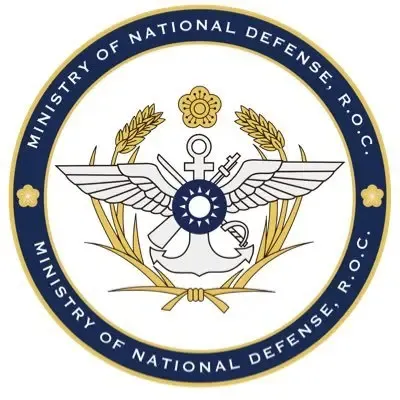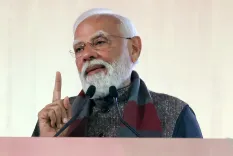Has Karnataka CM Really Grasped the Issues of Enumerators?

Synopsis
Key Takeaways
- Challenges in application hinder data collection for the caste census.
- Safety concerns arise for enumerators, especially female teachers.
- Inadequate training affects the efficiency of the survey process.
- Network issues complicate data uploads in remote areas.
- Proper preparatory steps are essential for successful survey execution.
Bengaluru, Sep 27 (NationPress) - C.T. Ravi, former BJP National General Secretary and current member of the Karnataka Legislative Council, has raised doubts over whether Chief Minister Siddaramaiah truly comprehends the challenges faced by enumerator teachers, following alleged threats made against them.
During a media interaction on Saturday, he stated, “The Chief Minister has issued threats of action if the Socio-Economic and Academic survey, commonly referred to as the caste census, isn't executed. But what measures has CM Siddaramaiah taken to alleviate the problems faced by the enumerators?”
He highlighted that: “The application being used is flawed, making data uploads problematic. There are significant issues with receiving OTPs (One-Time Passwords). Additionally, serial numbers for houses have not been assigned correctly – one house is listed in one location, while another is somewhere entirely different. Teachers from one school have been dispatched to remote areas, complicating matters further.
“If you converse with the teachers, you will grasp the true challenges,” he continued, mentioning that he has sent a letter to the Chief Minister addressing these concerns.
“For a survey of this magnitude, thorough preparatory measures are crucial. Adequate training should have been provided. A pilot survey should have been carried out in select areas beforehand to identify and rectify potential issues,” C.T. Ravi asserted.
He added, “After the pilot initiative, the survey model should have been refined and then expanded. However, in this case, no pilot programme was conducted, and sufficient training was lacking. Instead of tackling these issues, the government resorts to threats. Even identifying a household within the UHID (Unique Household ID) system is challenging.”
“In locales such as hill stations and forested regions, network connectivity issues are prevalent. Enumerators are tasked with gathering responses for 60 questions per household, yet many families lack the willingness to answer them all, leading to additional complications.”
“The system frequently displays 'application upload failed'. In certain areas, female teachers visiting households alone face safety and social challenges,” he noted.
“Each application takes about 1.5 to 2 hours to complete, resulting in mental strain and eye discomfort. There have also been health complaints among survey personnel,” he elaborated.
“Not everyone possesses technical proficiency. There are regions where mobile usage skills are inadequate,” he noted.
“If there are 4-5 individuals in a household, it may take between 2 to 2.5 hours. Realistically, only 6 to 8 households can be surveyed in a day. The allocation of additional households should be reassessed,” he stated.
“Furthermore, there are issues with OTPs not being received. All these challenges must be addressed,” he urged.










